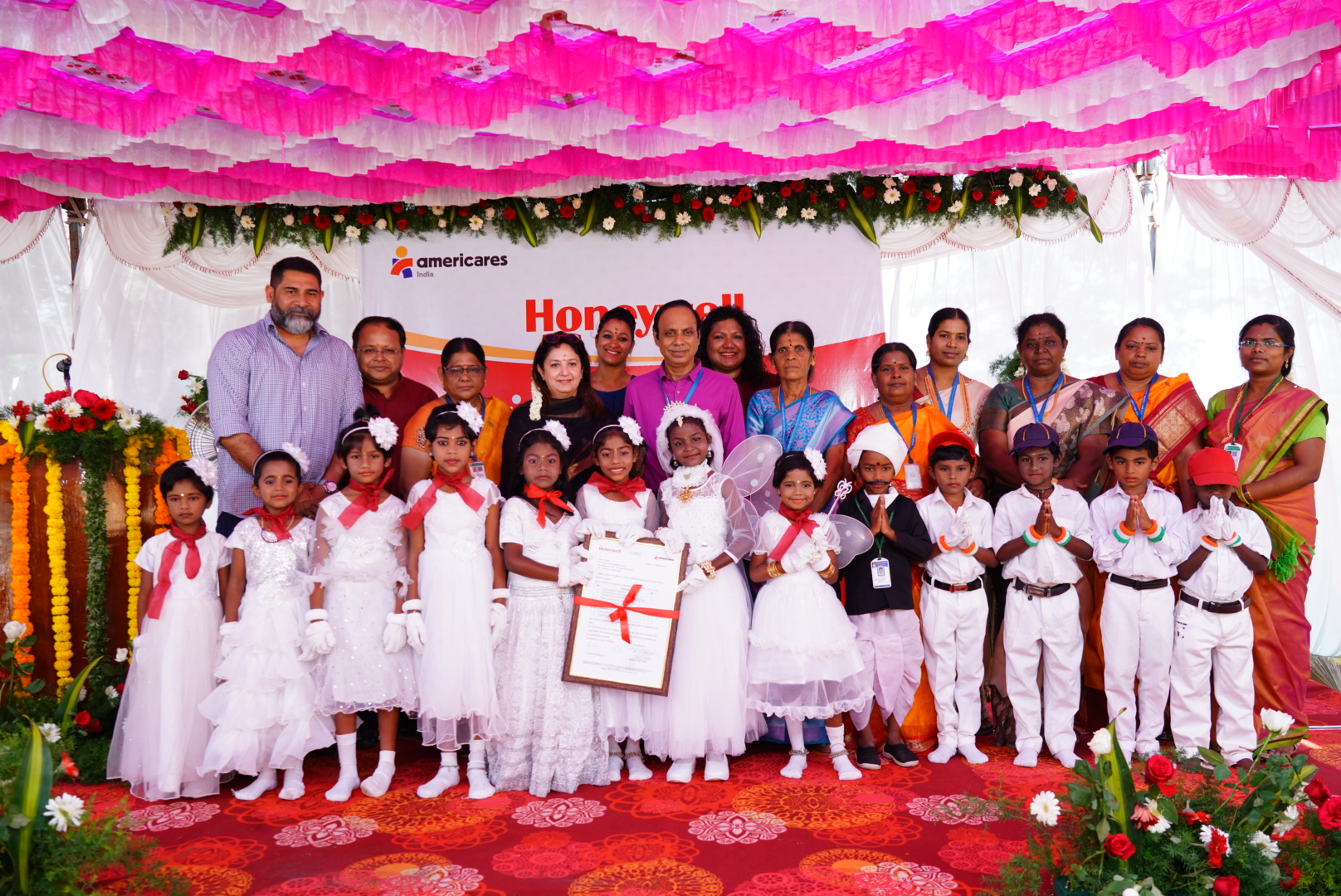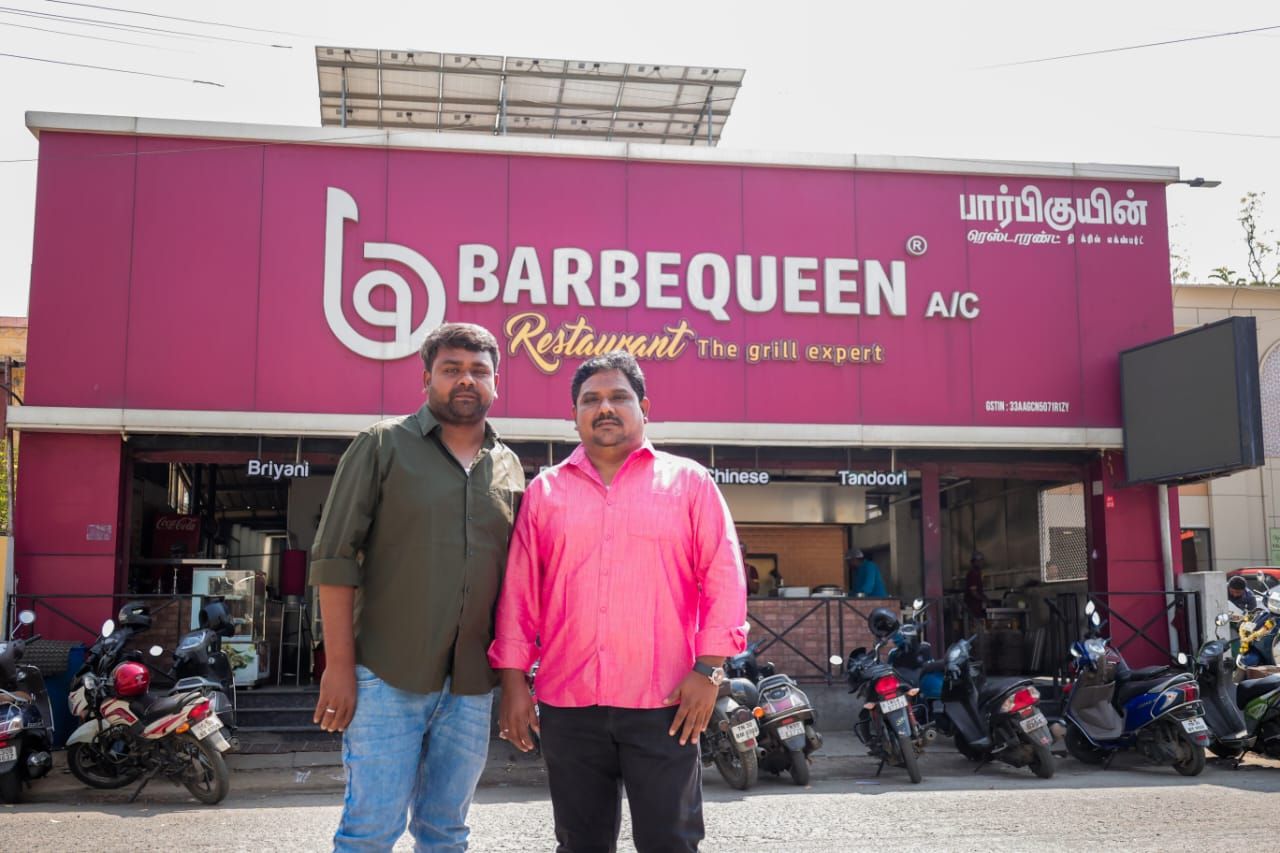Trending Now
- IPL 2024 begins with a bang. First contest between CSK and RCB.
- Election commission allots mike symbol to Naam Thamizhar Katchi
- AIADMK promises to urge for AIIMS in Coimbatore, in its election manifesto.
- Ponmudi becomes higher education minister.
Tamilnadu News
Forest genetic institute develops cost-effective DNA kit for trees
![]() December 15, 2017
December 15, 2017
DNA is something we have been hearing a lot lately, thanks to innumerable claims of legacy to former Chief Minister J Jayalalithaa.
DNA is the first molecule for any molecular biological experiment. It enables ascertaining parentage, not just of human beings but trees as well.
The Institute of Forest Genetics and Tree Breeding has introduced a kit that will enable isolation of DNA from trees, whatever be their age. And more to it; DNA can be extracted not just from fresh tissues but from dry trees or plants as well.
Dr Modhumita Dasgupta, Scientist, Division of Plant Biotechnology, IFGTB, told The Covai Post that extracting DNA from a dry tree was a difficult proposition and this kit that is based on a patented protocol comes with the trademark name ArborEasy, Arbor meaning tree. Though there are several companies, including MNCs, manufacturing these kits, the IFGTB one is cost-effective and can be used to isolate DNA from dried trees.
The tissues extracted from dry trees usually have oil or poly phenol and these bio molecules interfere with DNA isolation, making things difficult. This has made the use of commercial kits low. IFGTB has however optimised the kit using different tissues and this has resulted in high recovery and low cost. In popular commercial kits, the cost per sample ranges from Rs. 200 to Rs 300, while in the ArborEasy kit it is as low as Rs. 95. This does not include GST, packaging and transportation charges.
On the application of the isolated DNA, Dr Dasgupta said it can be used for validation, authentication of species and hybrid ones and is useful for diversity studies. It also helps in ascertaining the paternity of the plant akin to the human beings though not significant in the case of the former.
DNA of plants is used for high-end scientific research and barcoding. DNA barcodes are short genetic markers meant to identify species. It does the same function as a barcode in a product available in a supermarket. Here it uses the genetic information to decode the identity of the species, she explained.
The production started in 2008, Dr Modhumita said more so because the commercial kits were not optimally working on casuarina. “Hence we were forced to develop an indigenous protocol. We found that a very simple protocol could be tweaked to suit the requirements of tree species. Several chemical combinations resulted in an optimised protocol. Initially, it was used on casuarina and eucalyptus but now it can be used on any tree”, she notes.
























